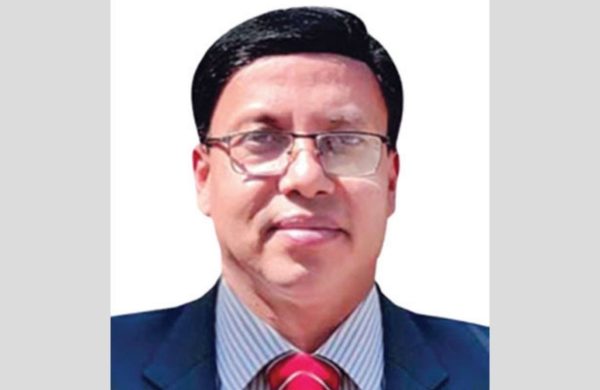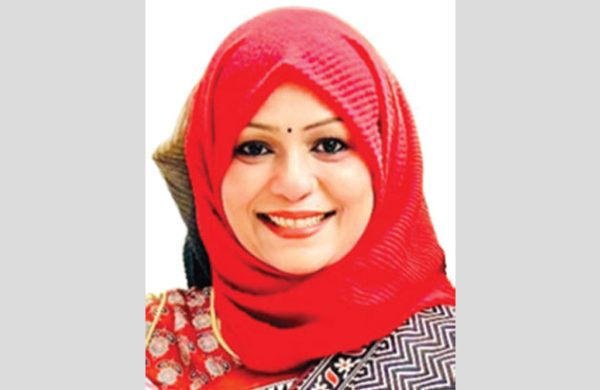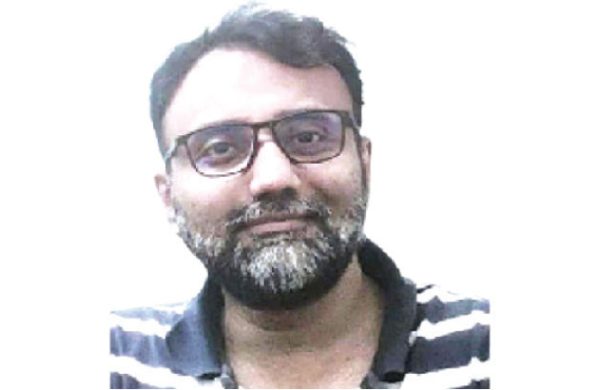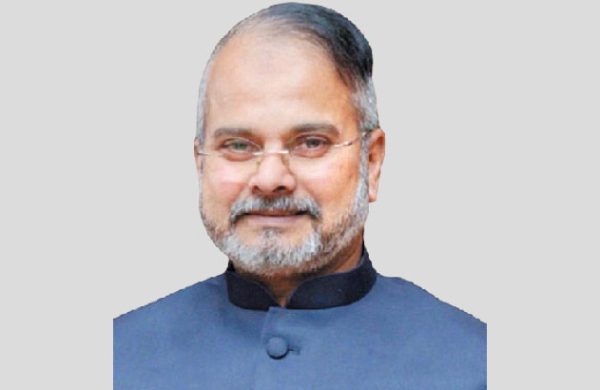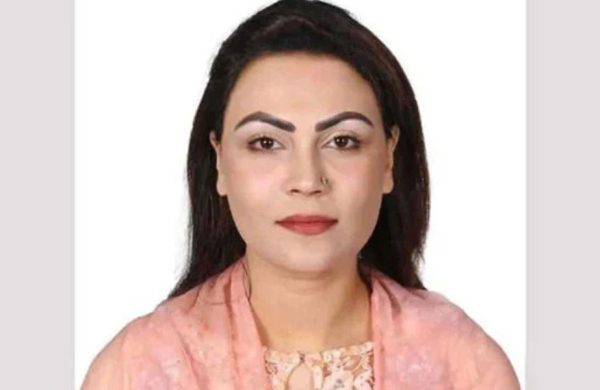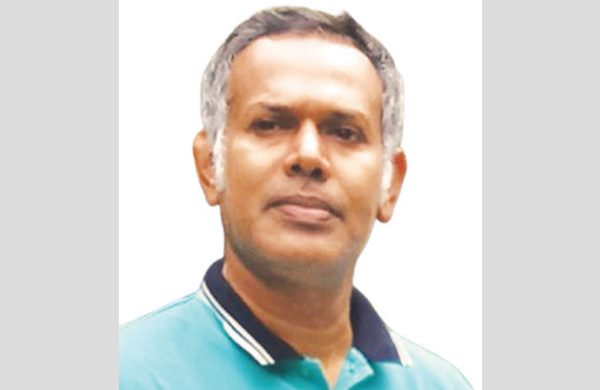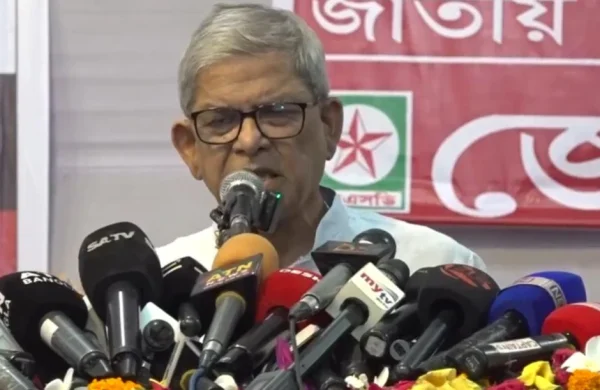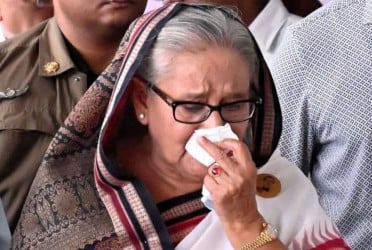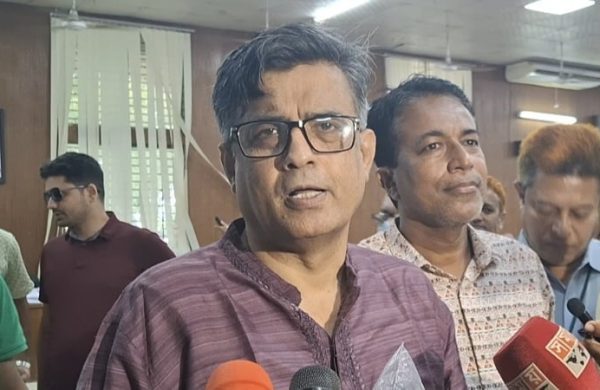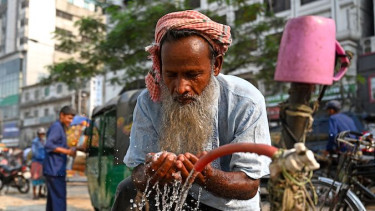Major challenges for our blue economy
- Update Time : Wednesday, December 4, 2024

—Shahrina Akhtar—
Bangladesh, with its vast coastline and rich marine biodiversity, holds immense potential to lead the Blue Economy. Coastal aquaculture, particularly shrimp farming, has been a cornerstone of this development, contributing significantly to the national economy, with exports consistently generating hundreds of millions of dollars annually. The major coastal regions of Khulna, Satkhira, and Cox’s Bazar have been at the heart of this growth. However, despite these successes, the industry faces ongoing challenges such as disease outbreaks, environmental degradation, and the impacts of climate change, which pose risks to its long-term sustainability. Achieving a balance between economic growth and environmental stewardship is crucial for ensuring that the aquaculture sector can continue to thrive, securing food security and contributing to Bangladesh’s economic development.
Challenges Hindering Growth: The shrimp farming industry faces significant challenges, including recurring disease outbreaks like White Spot Syndrome Virus (WSSV) and Early Mortality Syndrome (EMS), which severely impact production. Despite the Bangladesh Fisheries Research Institute (BFRI) developing disease-resistant shrimp varieties, managing these diseases remains difficult. Additionally, environmental issues such as water quality degradation, salinity intrusion, and climate change, especially erratic rainfall and rising sea levels, worsen the sector’s vulnerabilities. Limited access to modern technology, inadequate financial support for smallholder farmers, and poor infrastructure compound these issues. However, ongoing research, including the Sustainable Coastal and Marine Fisheries Project (SCMFP), is helping enhance coastal resource management and diversify the industry with alternative species like mud crabs, finfish, and seaweed. Institutions like the Bangladesh Agricultural University (BAU) and BFRI are focusing on climate-resilient species for sustainable coastal aquaculture.
Innovative Aquaculture Practices: One of the most promising innovations in Bangladesh’s coastal aquaculture is the Integrated Multi-Trophic Aquaculture (IMTA) system. This system integrates different species such as shrimp, fish, and seaweed into a single, multi-species farming system. IMTA optimizes resource use, reduces environmental impacts, and boosts overall system efficiency. Collaborative efforts from organizations like World Fish and the FAO are working to scale these systems in Bangladesh’s coastal regions.
Technological advancements are also transforming the industry. The integration of IoT-based monitoring systems and Artificial Intelligence (AI) for disease detection and water quality management is increasing productivity and reducing risks in shrimp and finfish farming. Additionally, precision aquaculture tools that optimize feeding practices are being tested in various aquaculture zones, helping reduce waste and improve sustainability.
The Role of Seaweed and Blue Economy Research: Seaweed cultivation has emerged as a critical component of Bangladesh’s Blue Economy, with growing attention on its potential to enhance both aquaculture and environmental sustainability. Seaweed farming supports diverse industries, including pharmaceuticals, cosmetics, biofuels, and animal feed. Research into seaweed farming has expanded, with institutions like BAU and World Fish exploring the cultivation of native species like Gracilaria and Eucheuma, which thrive in Bangladesh’s coastal waters. These species provide ecosystem services such as enhancing water quality, improving biodiversity, and supporting coastal protection, while offering new economic opportunities for coastal communities.
Seaweed farming also plays a significant role in climate resilience. As marine ecosystems face the impacts of climate change, seaweed serves as a natural solution for carbon sequestration and mitigating ocean acidification. The government and research institutions are exploring the potential of large-scale seaweed cultivation to create a carbon-neutral or carbon-negative aquaculture sector, further strengthening Bangladesh’s Blue Economy.
Addressing Environmental Challenges: Despite its successes, the coastal aquaculture industry faces significant environmental challenges. Mangrove deforestation, habitat destruction, and pollution from industrial and agricultural runoff threaten the delicate balance of coastal ecosystems. Mangrove loss is especially concerning as these ecosystems offer vital services, including coastal protection, carbon sequestration, and habitat for marine species.
Restoring mangroves alongside aquaculture systems is emerging as a sustainable solution, fostering synergy between ecosystem conservation and aquaculture. Recent joint research initiatives by the Ministry of Environment and Forests, the Bangladesh Fisheries Development Corporation (BFDC), and local NGOs have highlighted the essential role of mangroves in improving water quality and reducing salinity intrusion, thus supporting aquaculture.
Climate change impacts, including rising sea levels, increased salinity, and shifting weather patterns, continue to challenge traditional aquaculture practices. These environmental shifts have gradually reduced suitable aquaculture zones, forcing farmers to adapt by using more salt-tolerant species and developing water-efficient farming techniques. Research on salt-tolerant shrimp and other species is advancing, with ongoing studies at institutions like BAU and BFRI focusing on breeding techniques and species adaptability to ensure aquaculture sustainability in these changing conditions.
Socioeconomic Challenges and Policy Considerations: The socioeconomic challenges faced by smallholder farmers in Bangladesh’s coastal aquaculture sector are also pressing. Many farmers lack access to affordable credit, hindering their ability to invest in modern technologies and sustainable practices. Furthermore, the absence of comprehensive training programs and institutional support means many farmers continue to operate in low-input, low-output systems.
To tackle these issues, efforts are focused on developing financing mechanisms, such as aquaculture-specific loans and insurance schemes, which can help farmers manage risks and adopt better practices. Additionally, improving infrastructure, particularly cold storage, transportation facilities, and hatcheries, is essential to reducing post-harvest losses and enhancing the efficiency of the aquaculture supply chain. The Coastal Aquaculture Development Policy, developed by the Bangladesh government, aims to create a more enabling environment for the sector, emphasizing resource management, environmental protection, and inclusive growth.
The Future of Bangladesh’s Blue Economy: The future of Bangladesh’s Blue Economy is inextricably linked to the development of its coastal aquaculture sector. To unlock its full potential, diversification is essential. Beyond shrimp farming, alternative species such as mud crabs, finfish, and seaweed are gaining attention as high-value products with export potential. For example, seaweed cultivation is being explored as a sustainable alternative to traditional species, supporting industries like pharmaceuticals, cosmetics, and bio fuels.
Incorporating climate-resilient farming techniques, such as salt-tolerant species and water-efficient systems, will be vital to adapting to climate change. Bangladesh’s Climate Change Strategy and Action Plan (BCCSAP) emphasizes the integration of aquaculture into broader resilience strategies, such as mangrove restoration and coastal zone management.
A Sustainable Path Forward: Bangladesh’s coastal aquaculture sector holds immense promise for economic growth, food security, and environmental resilience. Diversifying species, adopting innovations like IMTA, and leveraging emerging technologies can establish a sustainable Blue Economy. Addressing disease management, environmental degradation, and inequality requires collaborative efforts from government, private sectors, and communities to secure a prosperous, resilient future for aquaculture and the broader Blue Economy.
The writer is a Technical Specialist & Research Adviser, Krishi Gobeshona Foundation


